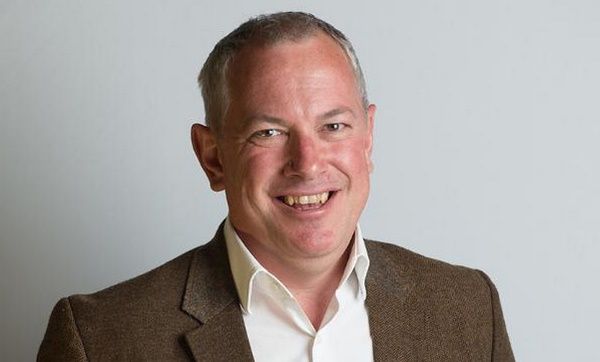

Share
17th January 2015
12:05am GMT


JOE: Nick, how did you get into journalism in the first place?
Nick: I took the old traditional route which I think is becoming less fashionable these days. I started in local newspapers and then moved into Radio Leicester doing a bit of broadcasting and producing.
In the early 90s when BBC Radio 5 was starting up, they needed a bunch of young producers and I was luckily one of them.
JOE: Who were the other people coming through with you at that time?
Nick: Miles Harrison and Rob Hawthorne from Sky, Jon Champion, Peter Drury, Ian Carter and a lot of names you'll know from TV and radio.
The birth of Radio 5 catapulted us onto the national airwaves, it was good timing.
JOE: How did the jump to TV happen then?
Nick: Well, Bill McLaren was about to finish up his tenure and they needed people to come in and fill that chasm. I was one of the guys brought across.
I never intended to be a commentator, I just wanted to be a journalist on Fleet Street but the longer it went on I knew I had to specialise.
I was asked one day if I'd rather spend a day in court for news or a day watching rugby or football, and that was a no-brainer.
The trick from jumping over to TV from radio was when to shut up and let the pictures do the talking.
JOE: Talk to us about the amount of preparation you do for every game?
Nick: It's a weeks work. Well, if you're doing it properly it's a weeks work. You need to watch all the teams you're commentating on each week.
For Leinster v Quins for example, I have half a dozen Leinster games previously and I went over to training in Dublin on Monday and I hung around for the press conference.
We get to stay at the full session and I got to talk to Matt O'Connor so we get embedded in the camp which gives us great insight.
You'll do that with four teams during the week, so that takes up a lot of time. By the time the match starts on Saturday or Sunday, I can actually just enjoy it.
JOE: You're clearly very passionate about the game, is it hard to stay impartial when you see something you don't agree with?
Nick: I remember talking to Bill (McLaren) in the early days and he said whenever he was watching Scotland, his own country, he'd just see a team wearing navy blue.
I was interested in that because as a journalist your impartiality is the most important thing. The only time I ever responded to anything on a forum/website was when a Saracens supporter accused me of being anti-Saracens. It was just so nonsensical that I felt the need to respond because it really irked me.
I always want it to be a good game and I honestly don't care who wins. If it was a Lions game in the deciding test at Ellis Park, then I think we'd all be expected to have a bit of partiality but if I'm watching any club or international side, I couldn't care less who wins. I just want to make sure the commentary does the match justice.
Nick Mullins on the right
JOE: You been commentating for a long time now, is there any particular match that stands out in all of them?
Nick: The 1995 World Cup Final between South Africa and New Zealand at Ellis Park. There was something mystical about that day.
It was a surreal atmosphere, the whole day hummed from the Jumbo Jet flying over what felt like 50 feet before kick off to the whole story of the match unfolding and Mandela sitting behind us in the commentary box.
It's very rare that I don't enjoy a game I work at, but I've never quite been to an occasion like Ellis Park in '95.
JOE: What was the most controversial or difficult incident you had to commentate on?
Nick: With the BBC, and I'm sure it's the same with RTE, but when it comes to the Olympics you can get landed with a sport that doesn't get regular commentary.
I was given judo and taekwondo at the Beijing Olympics and London. There was a British girl called Sarah Stevenson in the taekwondo who was involved in a controversial judging decision.
That resulted in us starting at a closed door for 40 minutes while I tried to hold it together with Claire Balding and Adrian Chiles in the studio.
The toughest moments are when you have deal with the unexpected. I have great admiration for the folks who had to deal with Heysel and Hillsborough.
JOE: Thanks for your time, Nick.
Nick: Cheers guys.
Explore more on these topics:

Sports | Joe.ie
sport